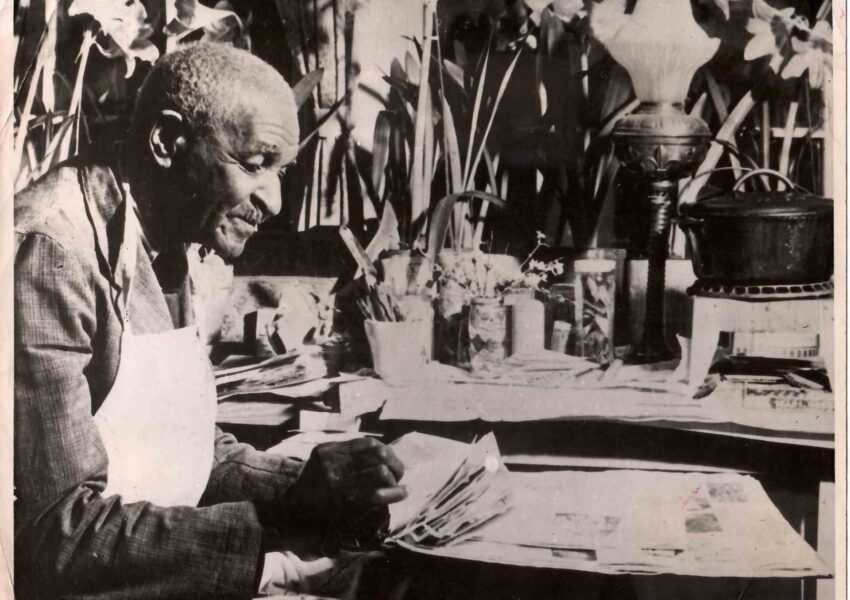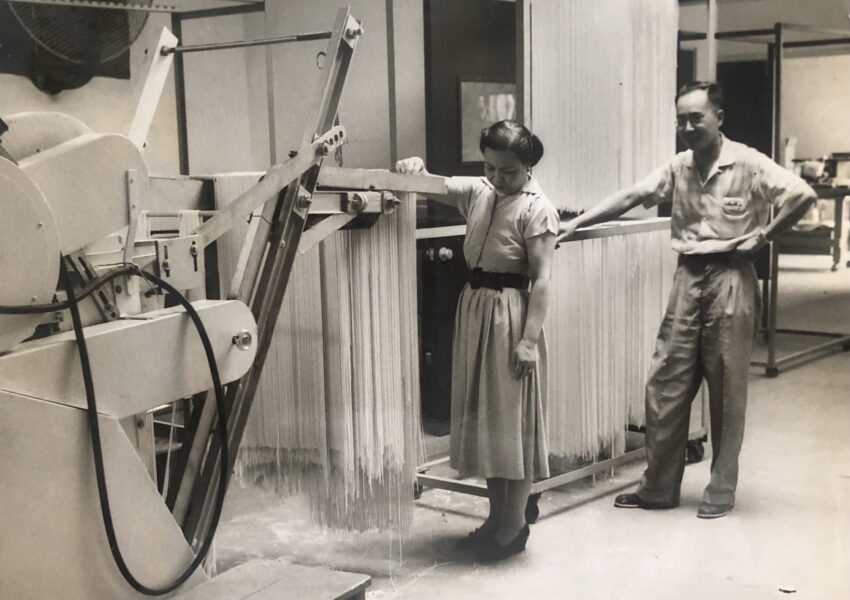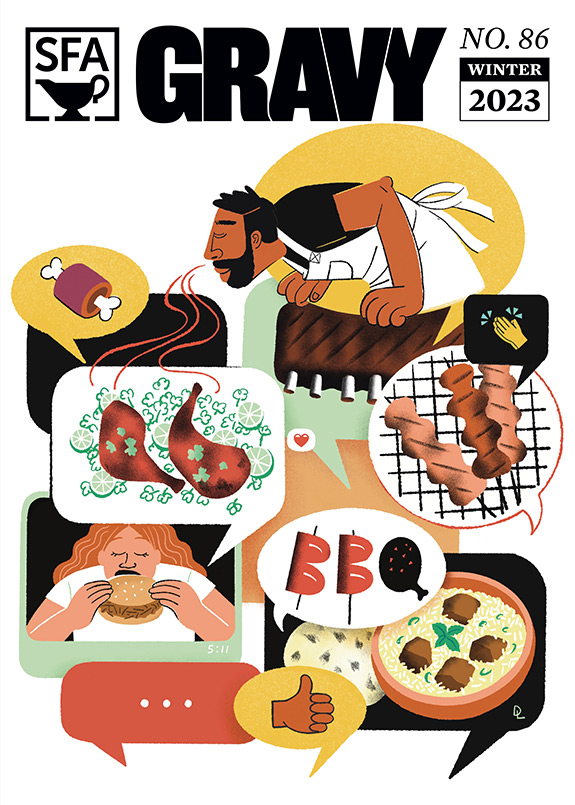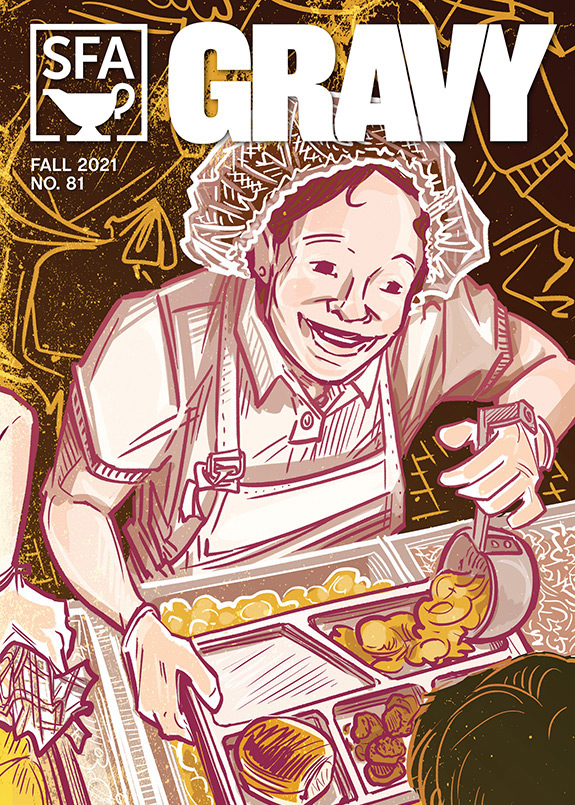When restaurateur Karen Leibowitz gave birth to her daughter, she started thinking more deeply about what she fed her and what kind of world she would leave behind. It changed the way she sourced ingredients for her restaurants, searching for food with the smallest carbon footprint. But the deeper she dug into how her ingredients were produced, the more she focused on agriculture’s outsized contributions to climate change. Her efforts at her own establishments sometimes seemed futile in scale. So she started an organization called Zero Foodprint, to help restaurants drive systemic change around sustainable food production. Zero Foodprint asks participating restaurants to add a 1% surcharge to all tickets and then uses that money to help farmers institute farming practices that trap—rather than release—carbon in the soil.
Restaurants—and not just those working with Zero Foodprint—are starting to wake up to the issues around climate change, food, and the role chefs can play in driving change. That can mean being purposeful about the kinds of farmers they work with, but also educating diners, who may ultimately bring more sustainable ingredients to their home kitchens, too.
Irina Zhorov reported and produced this episode.
Music
Thank you to Blue Dot Sessions for the music used to score this episode. Tracks include:
“Arizona Moon”—Cholate
“Two in the Back”—Sunday at Slims
“Fifteen Street”—Little Rock
“Moon Bicycle Theme”—American Moon Bicycle
Top Photo Chef Stephen Williams, of Bouquet, in Covington, Kentucky, shows off locally procured mushrooms in his kitchen. Williams has worked hard to source sustainable ingredients, focusing on both proximity and the practices on the farms with which he works. He’s part of a movement by chefs to take seriously their business’ responsibility and potential to address climate change. Photo by Tana Weingartner.








